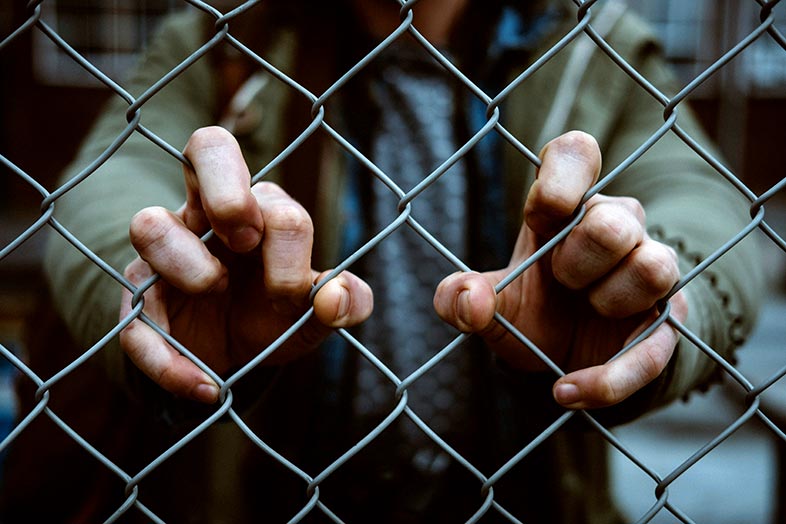Office Hours: 8:30 - 4:30
Monday to Friday
Open Button

Children, like adults, sometimes make mistakes or face accusations of breaking the law. When someone accuses your child of a crime, it creates an overwhelming experience for the entire family. You want to ensure the best outcome for your child, and you may have many questions about what will happen next and how to navigate Louisiana’s juvenile justice system.
The juvenile justice system in Louisiana differs from the adult criminal system in key ways, with procedures, penalties, and rehabilitative goals specifically tailored to young offenders. Hiring an attorney experienced in juvenile defense can make a critical difference, as knowledgeable representation often leads to lesser penalties, reduced charges, or even case dismissal. At James & Bradley Law Firm, LLC, our attorneys thoroughly understand the Louisiana Code of Juvenile Procedure and the Louisiana Children’s Code. We use this expertise to defend your child and protect their future.
Unlike adult criminal courts, juvenile courts emphasize rehabilitation over punishment. The juvenile justice system aims to help young individuals understand the consequences of their actions and guide them toward a more positive path. However, penalties can still carry significant weight, especially for serious offenses. Juvenile defense law requires a deep understanding of the law and the unique aspects of representing young clients.
In Louisiana, juvenile courts handle cases of delinquency and specific matters for minors, offering unique protections and processes tailored for youths. Children aged 10–17 fall under juvenile jurisdiction, though serious charges (like murder or aggravated rape for those 15 or older) can lead to adult court transfers. Juvenile defense in Louisiana emphasizes rehabilitation, with public defenders generally appointed for indigent youth, and representation remains crucial to ensure fair adjudication and uphold minors’ rights.
Juvenile offenses vary widely, from minor infractions to serious felonies. Common offenses include vandalism, shoplifting, drug possession, and fighting. While some cases result in community service or mandatory counseling, more severe charges lead to detention in a secure care facility. Attorneys who understand juvenile law can often help achieve resolutions that minimize long-term impacts on your child’s record and future.
Many common juvenile charges include:
Juvenile defense attorneys advocate for the best possible outcome for your child. They investigate the case, negotiate with prosecutors, and represent your child in court. At James & Bradley Law Firm, LLC, we approach each case understanding that a juvenile offense should not define a child’s future. We prioritize your child’s rights at every stage of the legal process and seek alternatives to detention whenever possible.
Even children with the most attentive and caring parents can make a mistake by breaking the law. Repercussions can be severe, especially when the juvenile is inadequately represented in court. As a parent, your number one concern is the safety and welfare of your children. If your child has been charged with a crime, contact the experienced Juvenile Defense attorneys at James & Bradley Law Firm, LLC immediately. Call 985-276-4740 today for a free phone consultation.